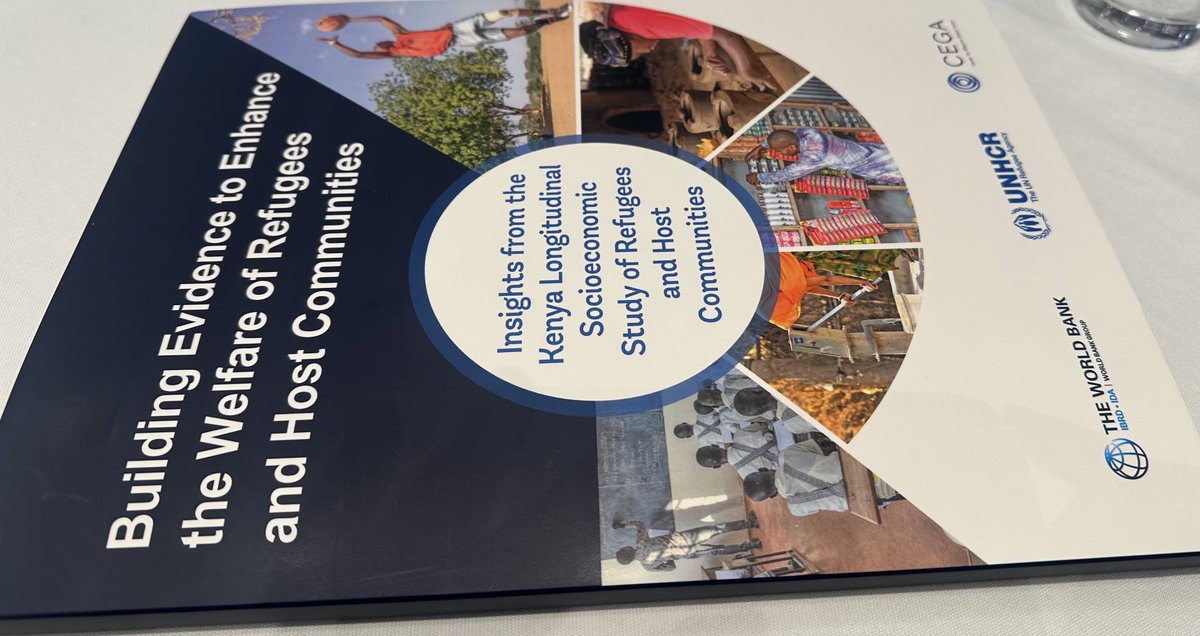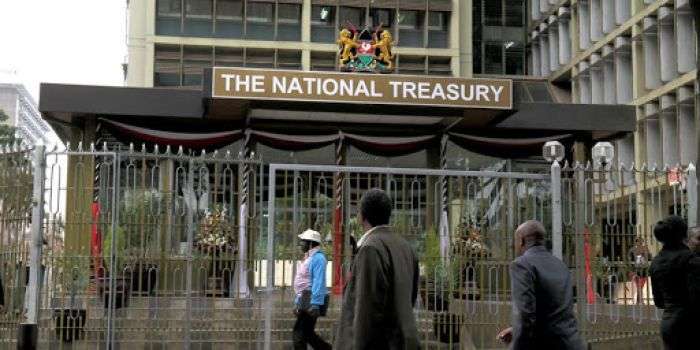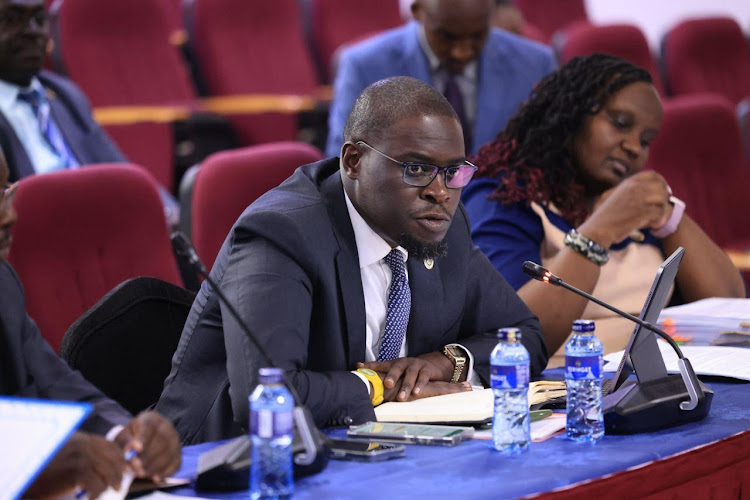The true number of refugees in Kenya remains uncertain due to the absence of a reliable, local database, a situation that places strain on host communities already grappling with limited resources. Commissioner for Refugee Affairs John Burugu revealed that Kenya’s refugee data is currently managed by the United Nations High Commissioner for Refugees (UNHCR), with the data stored in Hungary rather than within the country.
Speaking at a forum on refugee affairs organized by the National Assembly’s Regional Development Committee in Mombasa, Burugu emphasized that this arrangement not only raises security concerns but also limits Kenya’s control over critical information.
“Although we participate in data processing, we do so as facilitators for a third-party organization,” Burugu explained, assuring the committee that efforts are underway to develop a more accurate and localized refugee database for Kenya. He also expressed uncertainty about the accuracy of refugee numbers provided by UNHCR, raising questions about Kenya’s actual refugee population.
Committee Chairperson Lochakapong shared insights from a recent fact-finding mission to the Kakuma and Dadaab refugee camps, where the committee examined conditions for refugees, met with host communities, and gathered information to prepare a report for the National Assembly.
“During our visits to the camps, we engaged with both refugees and host communities to better understand their experiences,” Lochakapong said. The upcoming report, he added, will be critical in guiding future policies on refugee matters.
The committee voiced concerns over the lack of a comprehensive assessment of the environmental, social, and political impacts of refugee hosting, even after three decades. Lochakapong noted ongoing challenges faced by host communities, including land disputes, environmental degradation, insecurity, insufficient public involvement in integration efforts, and chronic underfunding of the Department for Refugee Services.
Voi MP Khamis Chome emphasized the need for a comprehensive, written policy on refugee management in Kenya. “We require a well-defined policy outlining the roles of all stakeholders involved in refugee affairs, including clear pathways for host community participation,” Chome asserted.
Ganze MP Kazungu Tungule questioned the extent of Kenya’s focus on refugee rights, urging equal attention for host communities. “We should ask ourselves why we prioritize refugee rights without comparable support for host communities. Are Kenyans abroad receiving similar support? Equitable treatment is essential to prevent tensions,” Tungule remarked.
Garissa Governor Nathif Adam urged the government to address host community concerns, particularly in Garissa County, where refugees have lived on community land for over 32 years without compensation. He stressed that these issues must be resolved before fully implementing the GISEDP integration plan. Adam pointed out that local communities face challenges such as environmental degradation, poaching, disease outbreaks, and the over-exploitation of the Merti Aquifer, shared with Somalia.
Garissa Township MP Dekow Barrow expressed frustration at the lack of support for host communities from the international community. “Refugee camps are unsustainable, and our youth are jobless. The resources are stretched, and our roads, especially the Garissa-Dadaab route, are deteriorating under heavy truck traffic,” Barrow said.
Principal Secretary for Internal Security and National Administration, Dr. Raymond Omollo, emphasized the need for a coordinated approach to refugee management, balancing security, humanitarian considerations, and regional cooperation.
Stakeholders at the forum included representatives from the Ministry of Lands, Public Works, Housing and Urban Development, the Ministry of Interior and National Administration, the State Department for Immigration and Citizen Services, the Refugee Consortium of Kenya, the World Food Program (WFP), and the Kenya National Commission on Human Rights (KNCHR). The forum underscored the need for sustainable strategies that address both refugee welfare and host community resilience in Kenya.





